Breathe smarter, not harder.
Oxygen is a light weight canister that is easy to carry and can be used anywhere, providing essential support for various daily needs. It delivers bursts of concentrated oxygen to help acclimatise your body to new or different conditions.

IMPROVED ATHLETIC PERFORMANCE
If your organs are oxygenated everything functions better.
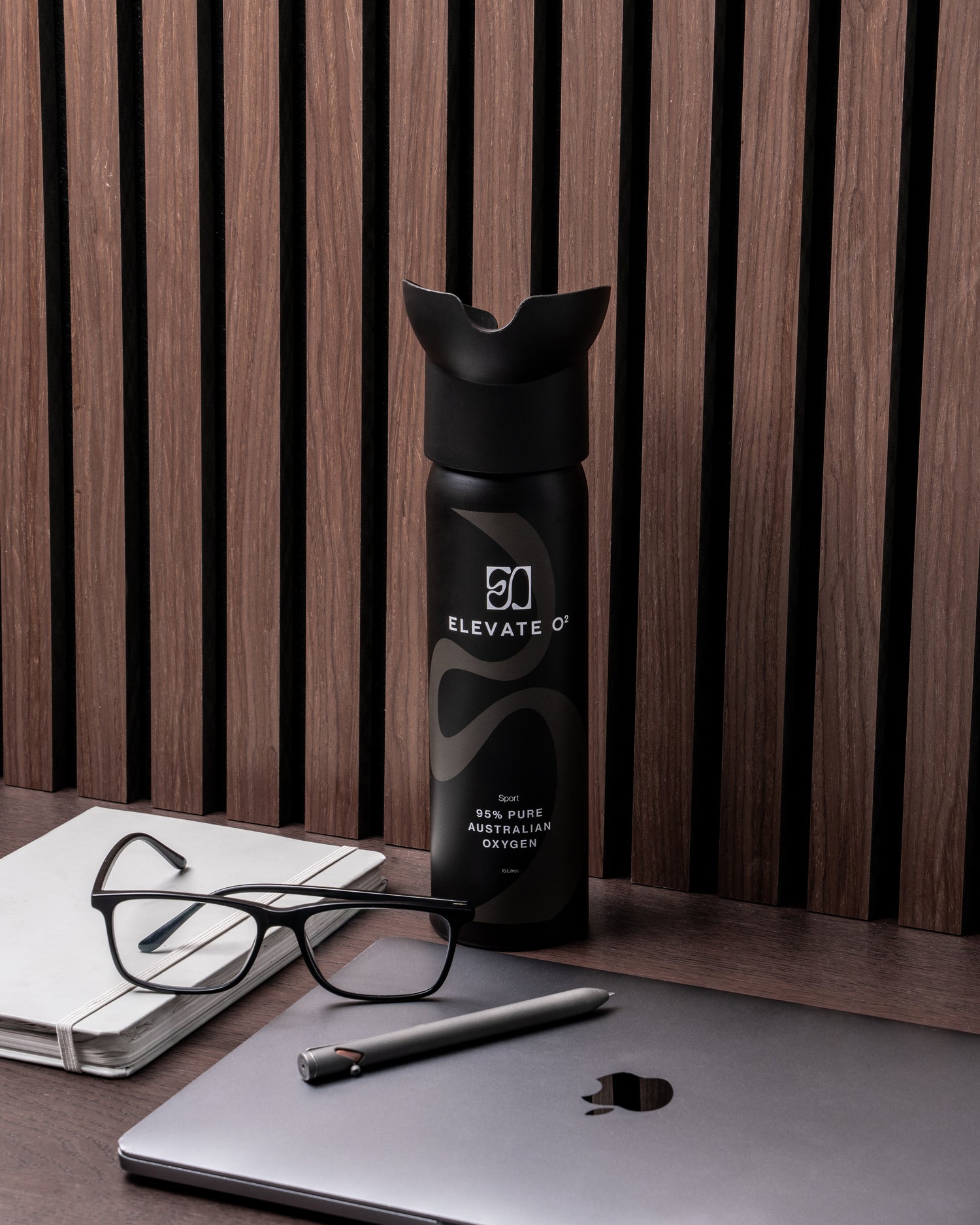
MENTAL CLARITY, FOCUS, MEMORY AND ALERTNESS
Deep breathing techniques can expand the lungs and develop the diaphragm. Studies have shown that small bursts of pure oxygen can have a positive effect on cognitive function and brain health. Increased oxygen levels in the brain can enhance mental clarity, focus, and concentration. It can also help to improve memory and increase overall cognitive performance.
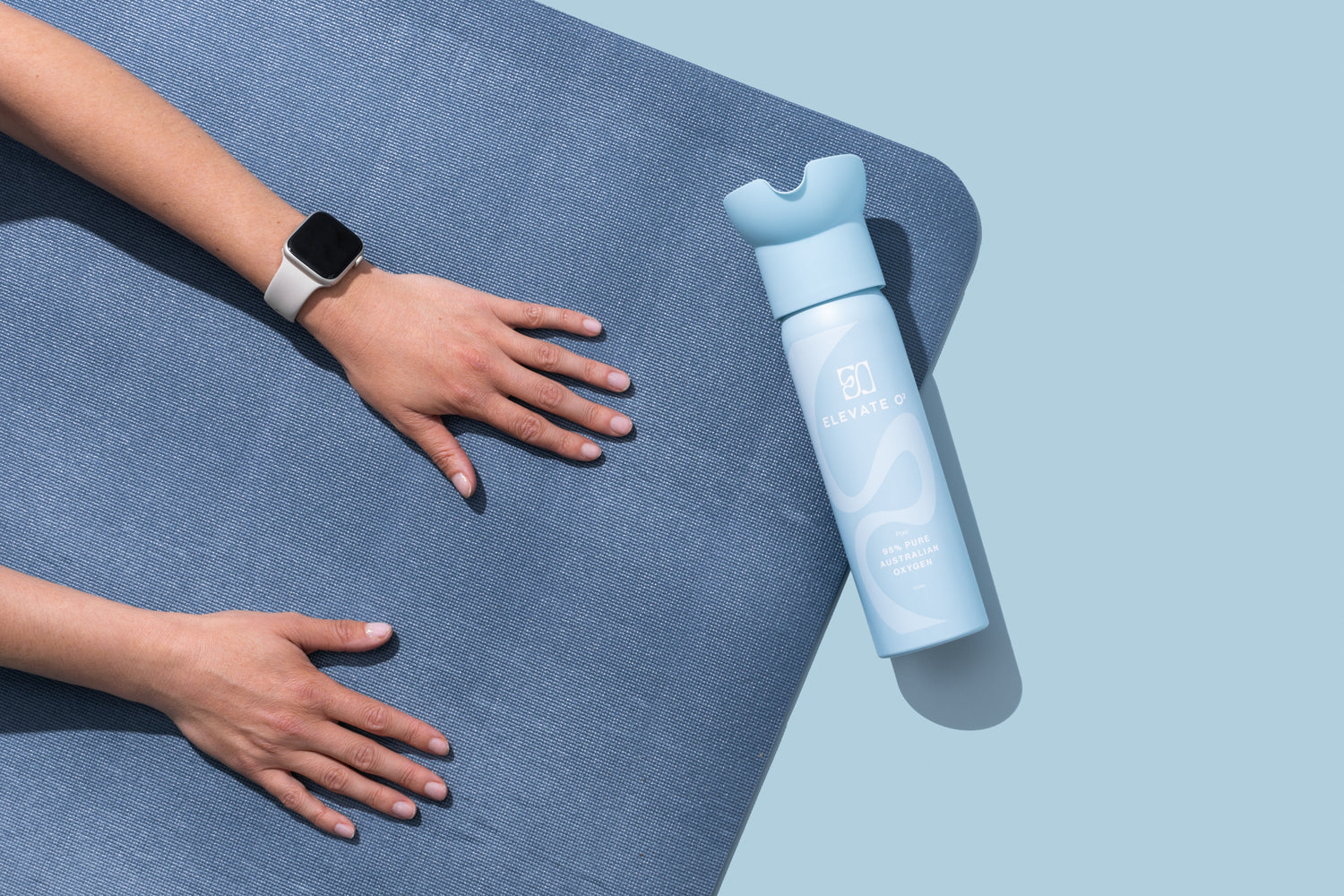
INHALE & EXHALE
As blood passes through tissues and muscles, oxygen is released to fuel the bodies cells. Learning to inhale and exhale slowly, can help to balance oxygen and carbon dioxide levels in the body.
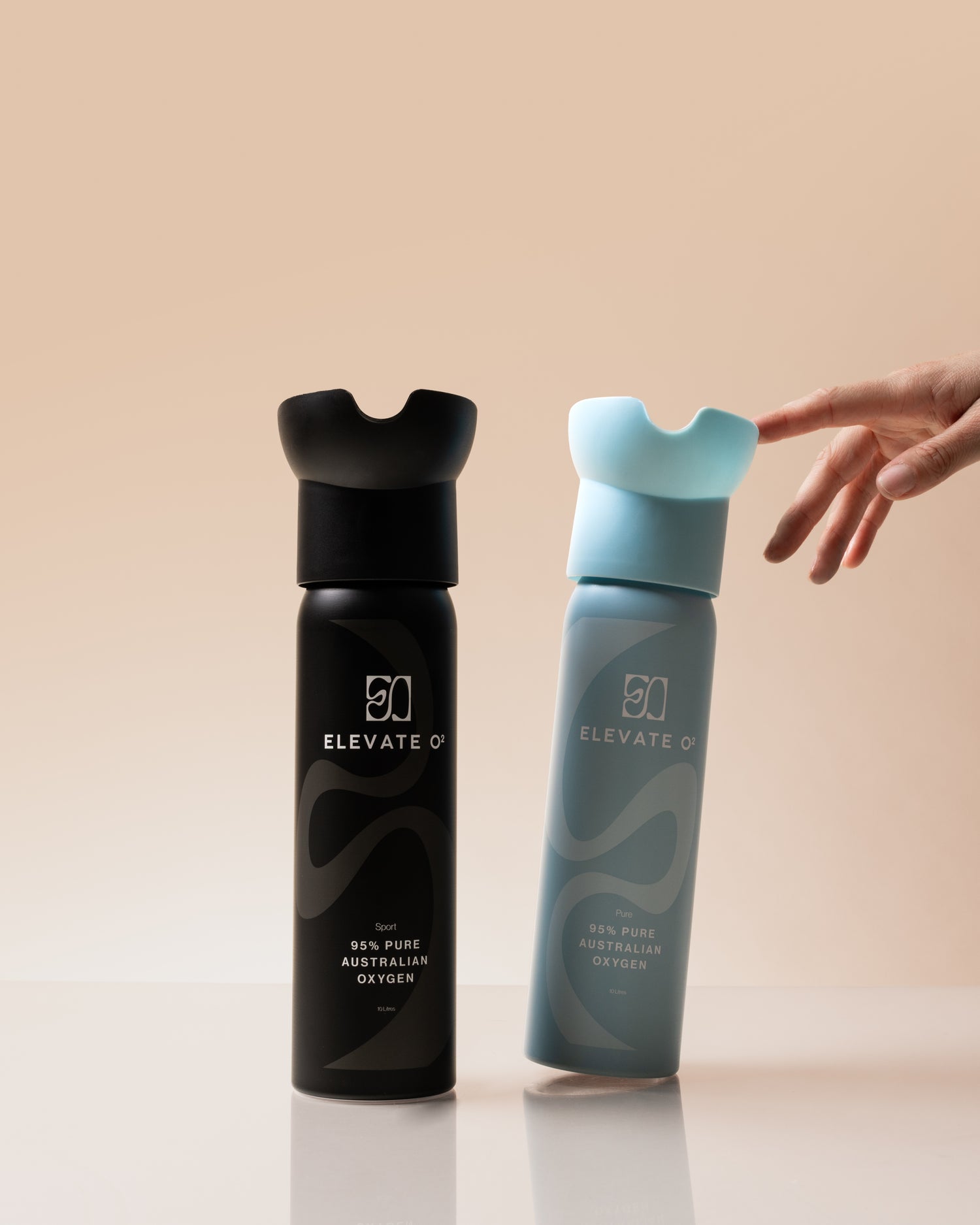
RECOVERY
Direct intake of pure oxygen help with the restoration of tissue function to aid your recovery.
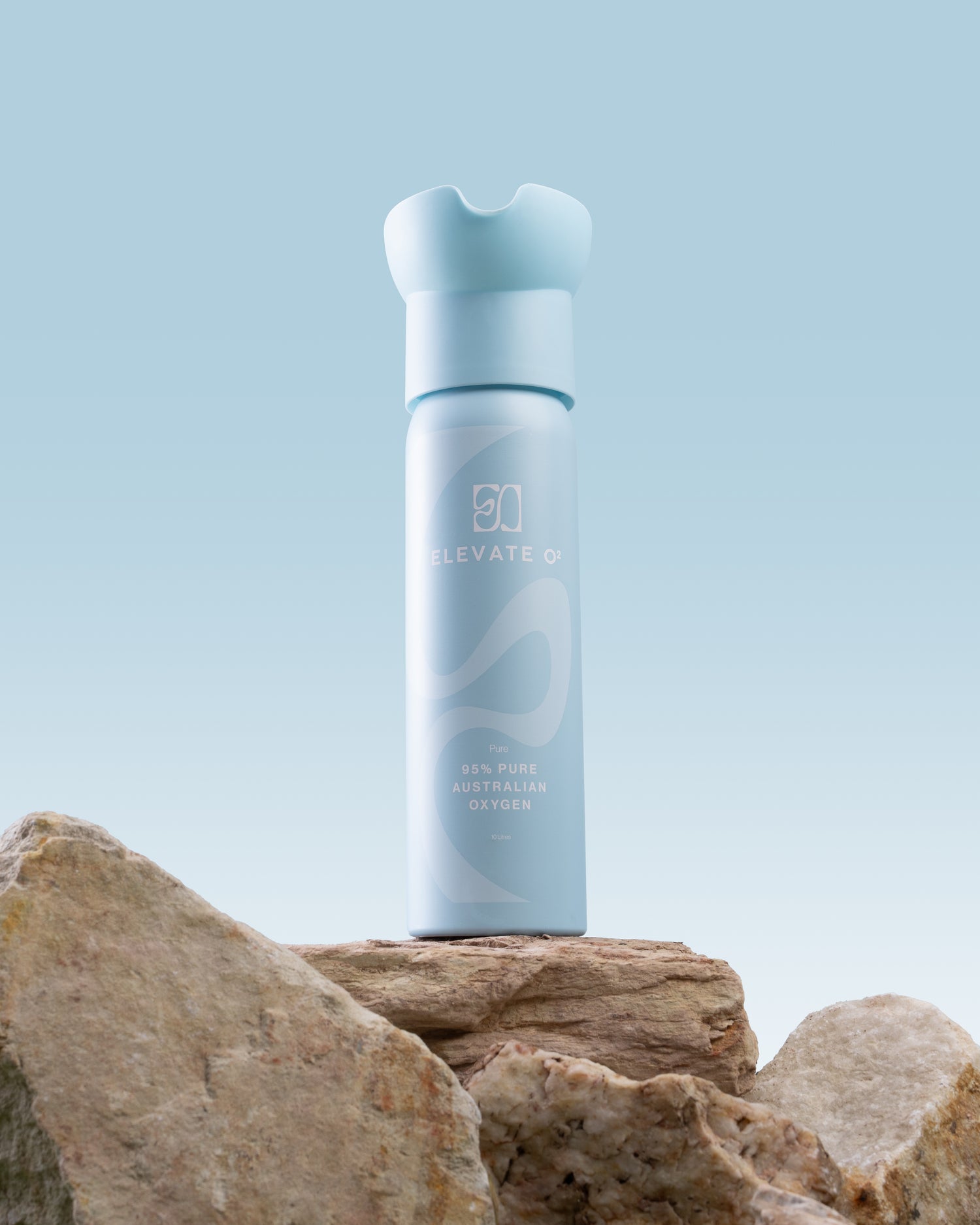
TRAVEL:
Stay alert on long journeys. Whether you’re on a road trip or recovering from a long-haul flight, our oxygen can help you feel more energised and focused. Airplane cabins often have lower oxygen levels than ground level, so using concentrated oxygen upon landing might help you adjust more quickly at your destination.
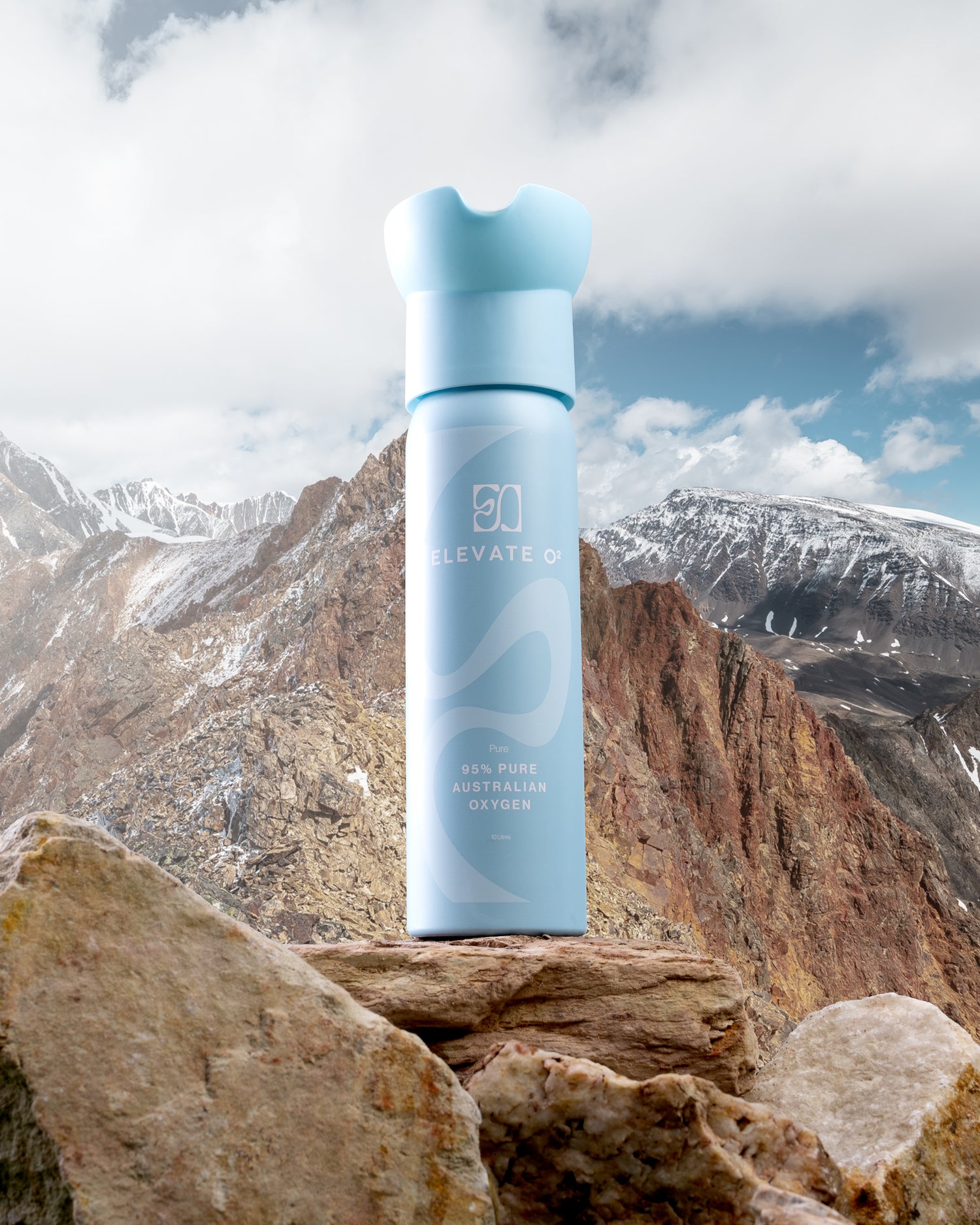
ELEVATION & HIGH ALTITUDE
The higher the altitude, the lower the atmospheric pressure, which makes it harder for the body to transfer oxygen to the blood. This is why people often feel lethargic. Utilising supplemented oxygen can improve muscle function, allowing greater power output and faster recovery between high-intensity efforts and can aid in the recovery process by enhancing the body's ability to repair and regenerate tissues.
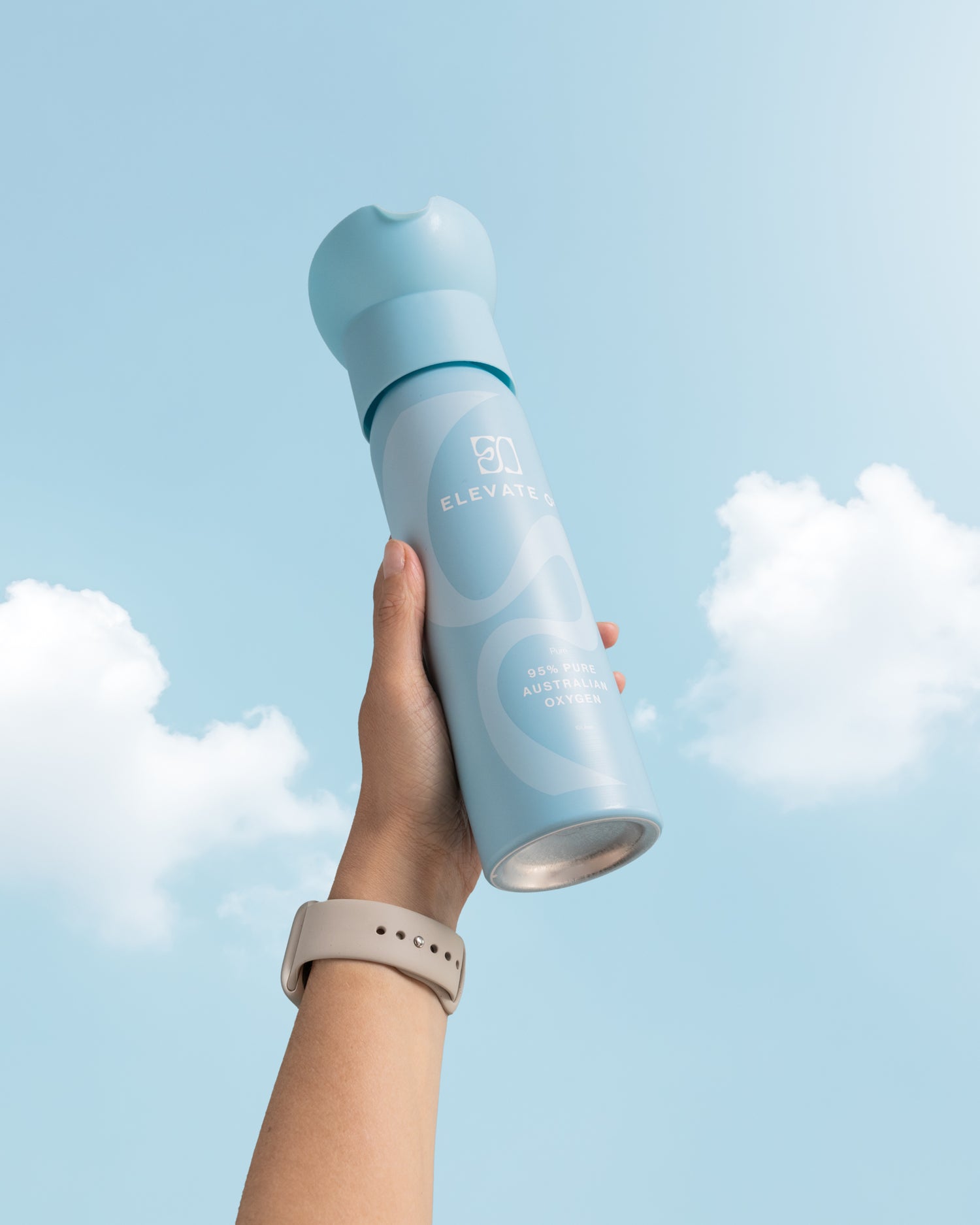
OXYGEN & POLLUTION
The importance of breathing clean air. For the best quality of life, the air we breath must be the purest as possible because air nourishes with oxygen the lungs, the blood and, consequently, the rest of the organs. Surprisingly, indoor air is five to ten times worse than outdoor air, according to several WHO studies. Taking into account that human beings breathe up to four million litres of air annually, it's important to consider the quality of this air.
